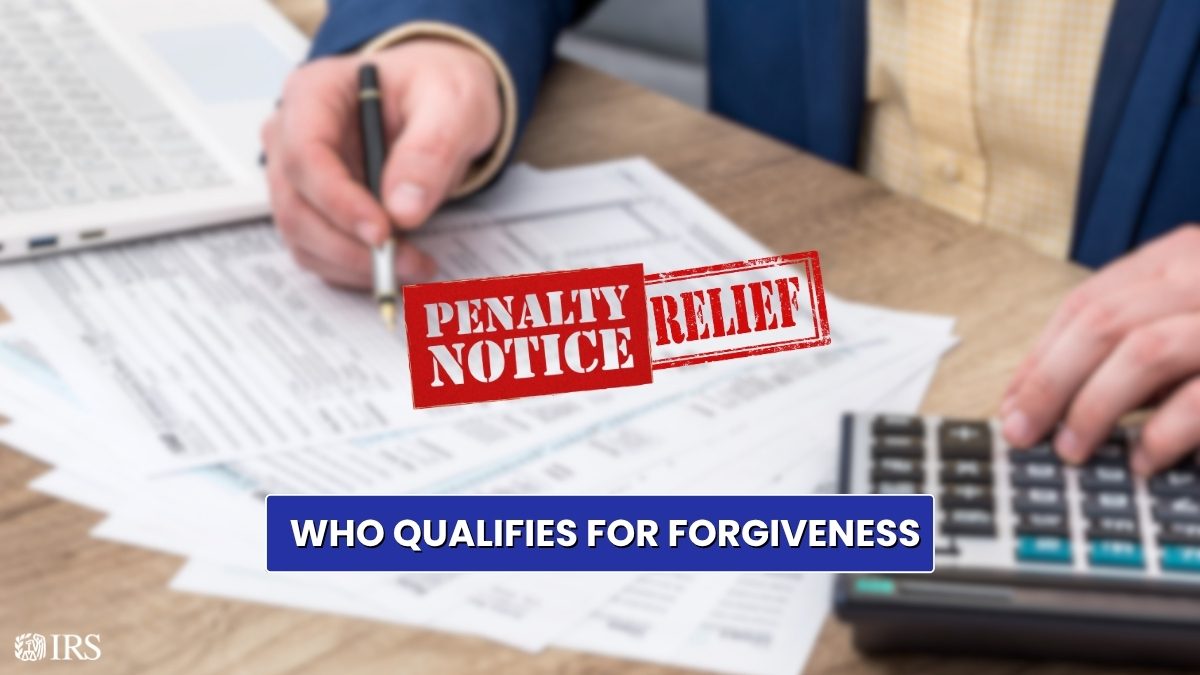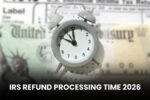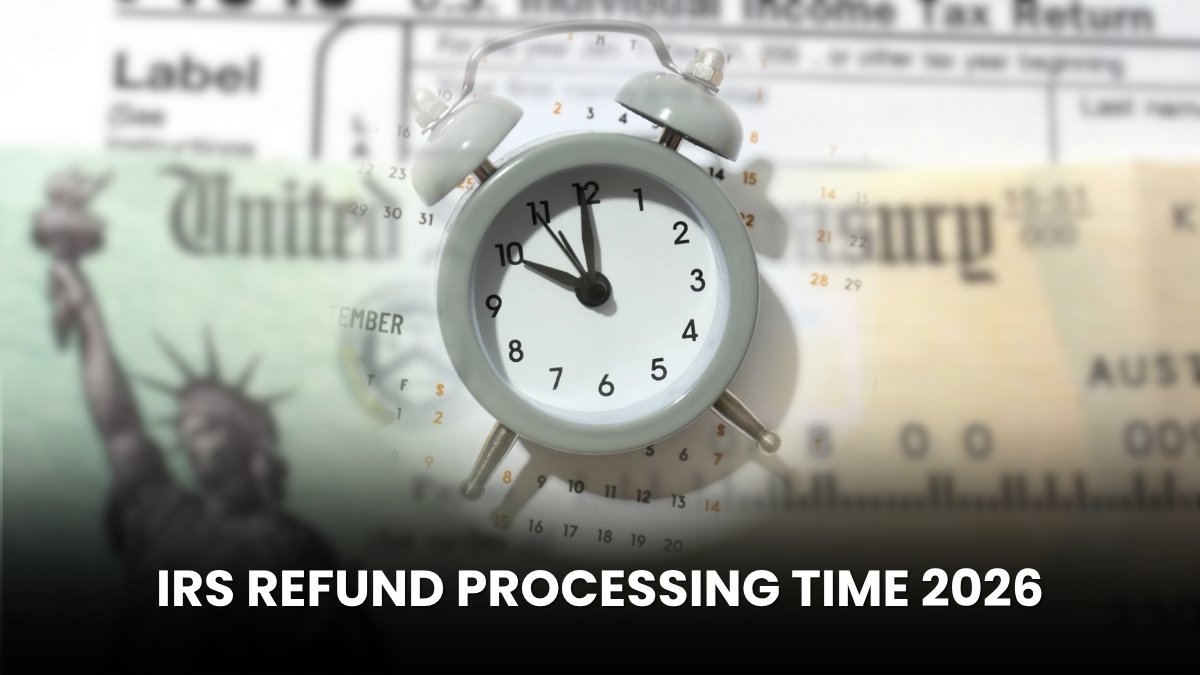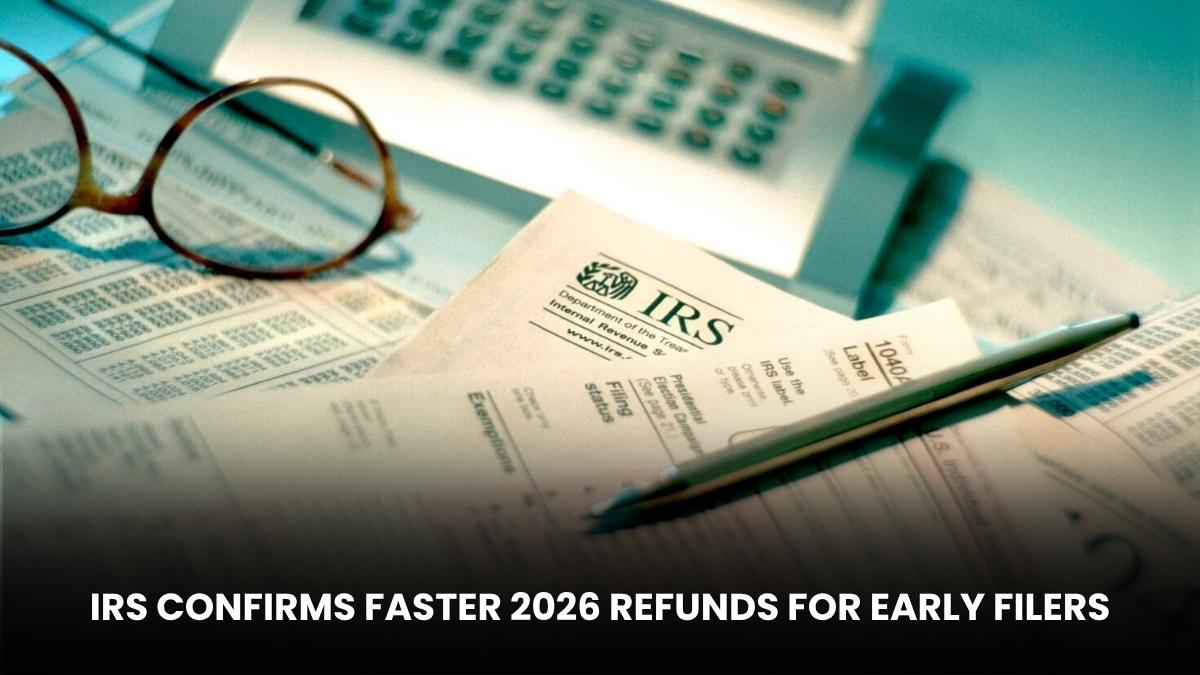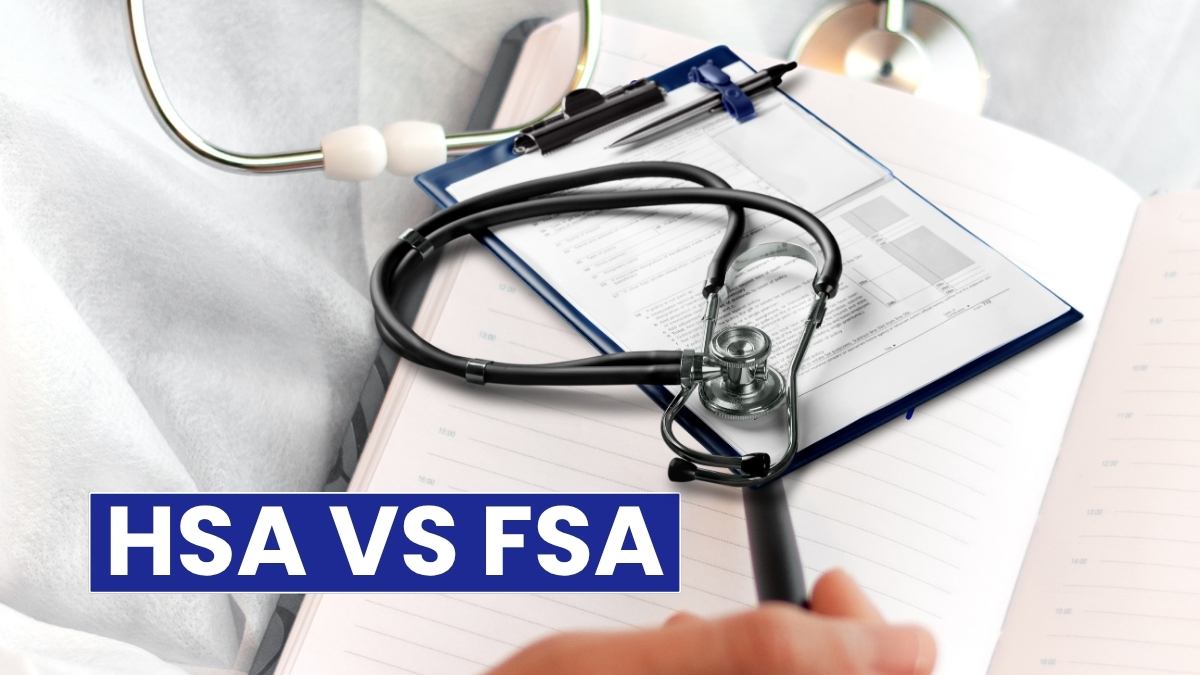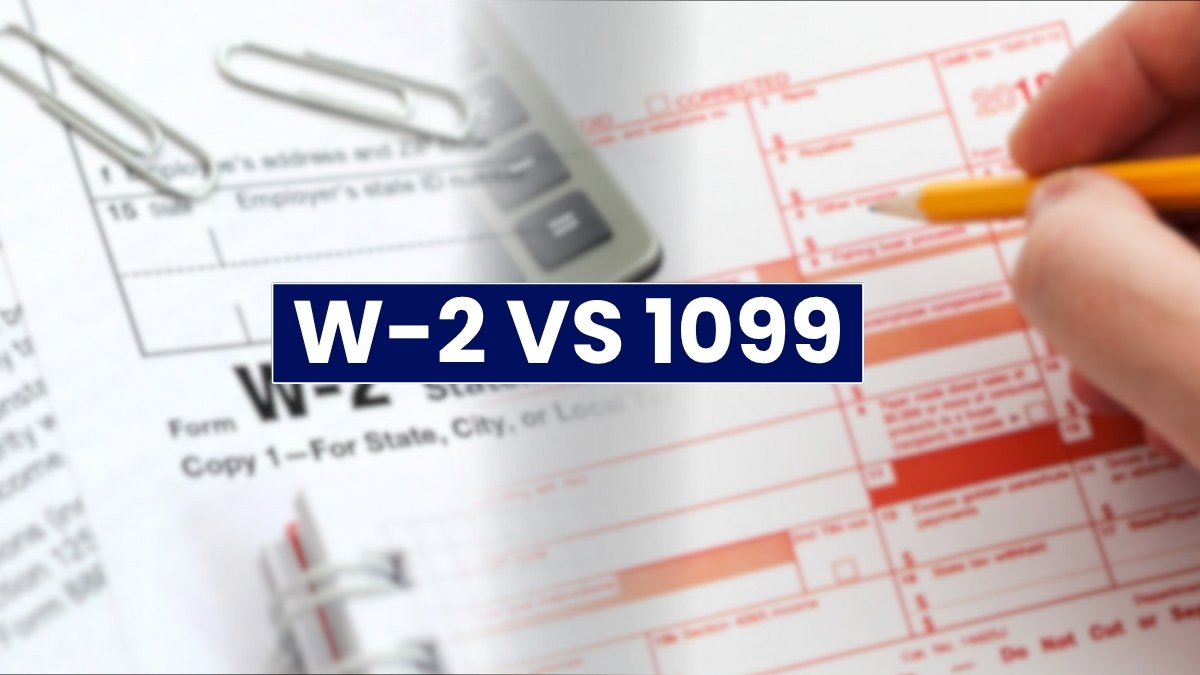The federal government has introduced temporary and new deposit penalty relief for the first three quarters of 2026. Businesses can take advantage of this penalty relief by not depositing the excise tax on remittance transfer. You can learn about this new relief and others here.
The IRS and the Treasury Department have issued the guidelines on the new tax relief for remittance transfer providers. You will receive the relief for failure to deposit penalties under 6656 IRC, with a new excise tax imposed on remittance transfer.
So, if any business that makes cross-border money transfers is late in paying taxes, it can get time through this relief to complete its responsibility without paying any penalties. However, this new relief is totally different from the IRS penalty reliefs, such as failure to pay tax, failure to file, etc.
What is the new IRS penalty Relief for 2026?
The federal government announced the IRS penalty relief for failure to deposit excise tax on remittance transfer under the One Big Beautiful bill. The bill establishes a 1% federal excise tax on certain cross-border transactions made from the US from January 2026.
IRS issued Notice 2025-55 to share the details of new penalty relief for the first three quarters of relief. You can check the following points about the new penalty relief below:
- The remittance transfer providers who failed to deposit the current excise tax on the transfer can get the relief for 2025 first three quarters.
- The relief applies to remittance transfers made after 31 December 2025, and the tax collection has begun from 01 January 2026.
- If the providers who made a timely deposit but miscalculated the amount can also apply for the benefit.
Who qualifies for the new IRS penalty relief?
If you are wondering what makes you eligible for the new IRS penalty relief for the remittance transfer, you can check the following eligibility conditions:
- You must have made the semi-monthly deposits and filed the IRS quarterly returns. You should know the semi-monthly deposit for the remittance transfer is due on 29 January 2026.
- You should pay the underpayment before the due date of the Quarterly Federal Excise tax return.
- You must be a remittance transfer provider, such as a credit union, bank, money transfer company, etc.
How to file for the Penalty relief for remittance transfer?
You can file for the failure to deposit penalty relief when you receive the notice about the penalty from the IRS. You can reach out to the IRS with the notice, the penalty you wish to get waived, or the reason for relief.
When you are sure of your eligibility, you could follow the following instructions for the remittance transfer excise tax penalty relief:
- File the Quarterly excise tax returns
- Make the semi-monthly deposits
- If you miss the deadline for three quarters of 2026, the agency will not assess the penalty.
- For the first three quarters, you do not need to apply for the penalty relief as the IRS will automatically apply it.
- However, afterwards, you may have to file the other penalty reliefs.
What are the other IRS penalty Relief policies?
Apart from this new penalty relief, the IRS also provides other penalty relief to taxpayers for the following:
- Failure to file
- Failure to deposit
- Failure to pay
- Information return
- Underpayment of estimated tax (businesses)
- Underpayment of estimated tax (individuals)
- Accuracy-related.
The IRS offers the following penalty relief to taxpayers based on the penalties they are facing:
- Reasonable Cause:
- When you have filed the tax returns but are unable to file the tax return or pay the taxes on time, you may be eligible for the reasonable cause penalty relief.
- You can qualify for all the penalties under the reasonable cause, except for the estimated taxes.
- Statutory Exception:
- You will qualify for the statutory exceptions relief when you mailed the return on time, lived in a federal disaster area, relied on incorrect advice of the IRS, or were involved in military operations in a combat zone.
- You can request penalty relief through Form 843.
- First Time Penalty Abate:
- If it’s your first time for the tax penalty and you have a good tax compliance history, you may qualify for this penalty relief.
- It is only available for failure to deposit, failure to file, and failure to file penalties.
If any taxpayer or business can’t pay their tax penalties, they can explore the penalty relief policies to get support from the IRS and meet their tax responsibilities.
Disclaimer: This information covers the 2026 IRS penalty relief policy. Refer to official IRS updates for eligibility criteria and application procedures.
